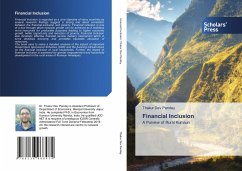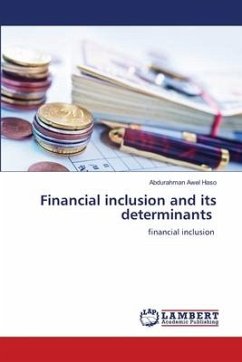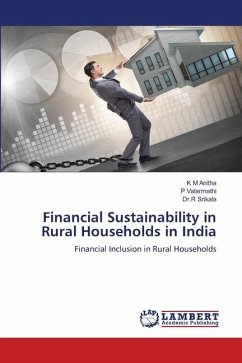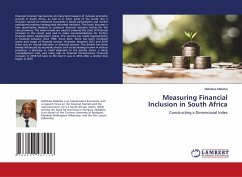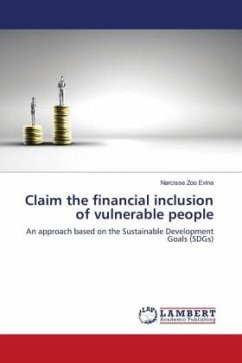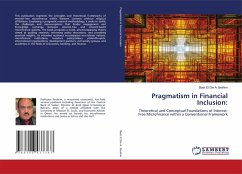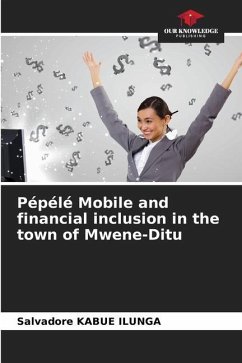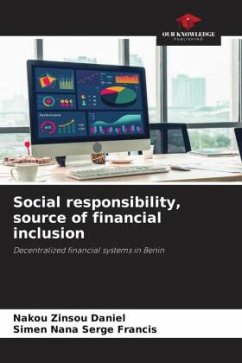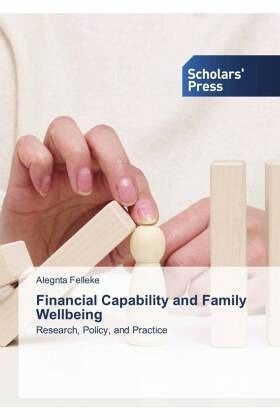
Financial Capability and Family Wellbeing
Research, Policy, and Practice
Versandkostenfrei!
Versandfertig in 6-10 Tagen
49,99 €
inkl. MwSt.

PAYBACK Punkte
25 °P sammeln!
The financial and social vulnerability of low-income families with young children requires a thoughtful and multidimensional response. Much of the research in this area has been undertaken with insufficient attention to the social structures that serve as a foundation for poverty. Recent scholarship on financial capability, understood as a construct encompassing both financial knowledge and inclusion in the mainstream financial sector, provides the conceptual framework for this dissertation. One central purpose of the study is to examine the individual and interactive associations between fina...
The financial and social vulnerability of low-income families with young children requires a thoughtful and multidimensional response. Much of the research in this area has been undertaken with insufficient attention to the social structures that serve as a foundation for poverty. Recent scholarship on financial capability, understood as a construct encompassing both financial knowledge and inclusion in the mainstream financial sector, provides the conceptual framework for this dissertation. One central purpose of the study is to examine the individual and interactive associations between financial knowledge, financial inclusion, and (1) money management, as well as (2) developmental resources for young children in low-income households. Study findings regarding financial inclusion suggest that owning a savings account appears to better explain money management and developmental resources for young children at home compared to owning a checking account. Both financial knowledge and financial inclusion seem to be more consistently linked with developmental resources for young children than with money management. Implications for policy, practice, and theory are thoroughly discussed.



